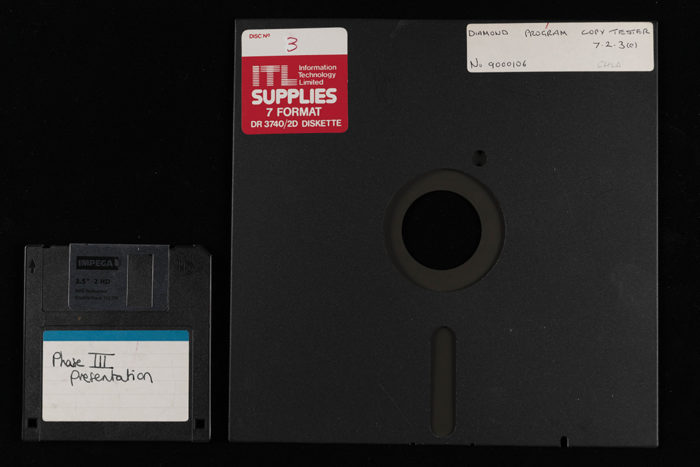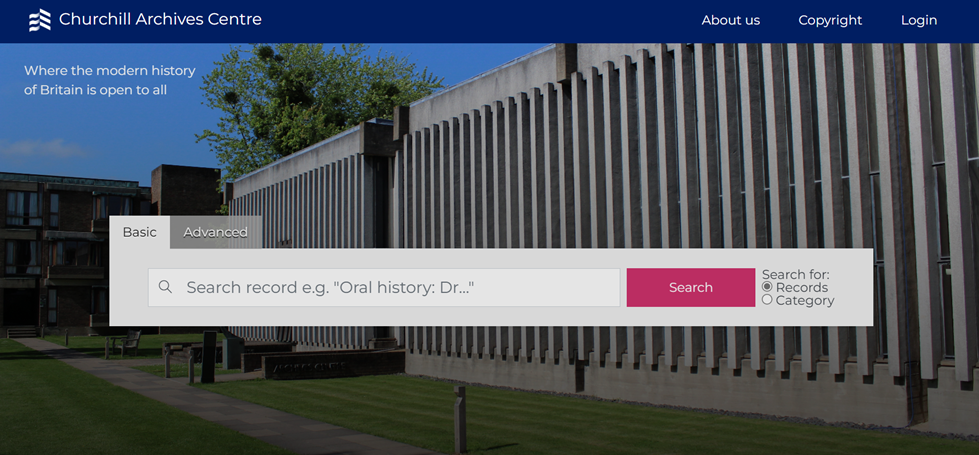With each passing year the Archives Centre acquires more digital material, both digitised from our paper and audio-visual holdings, and born-digital material from our depositors’ devices and storage. This presents several challenges that our paper and photographic holdings do not; previously I have talked about dealing with getting data from older storage devices, but that is only the first step in the process.
The files we receive from depositors can come in a variety of formats, made for a variety of operating systems, and as with the storage they came on, can be obsolete today, with the software required to run them not being easily available. We can also run into problems with more modern collections; when we receive collections of scientists for example, we might receive modern formats that require specialist software which we don’t otherwise have access to and can have considerable costs involved.

We need to be able to access these files to catalogue them, but we also need to be able to convert them into a format that is usable by researchers. Even if we can acquire specialised software to read esoteric formats, we cannot assume that everyone who wants to view the contents will be able to.
We are also responsible for preserving these files; ensuring that they are unchanged from the point where we receive them. This involves having storage that is secure against changes, resilient against disaster, and which we can monitor over time. Until recently, with a relatively small amount of digital content, we have performed these functions on local servers, with regular backups.
As time passes and the subjects of our collections have spent more and more of their lives in the digital age, the rate at which we acquire digital material and the complexity involved will increase rapidly, and so have been looking for a more robust solution – ideally one which doesn’t monopolise the time of the College Computing staff!
Access to our holdings is also an important consideration. We can make our digital holdings available on local terminals in our Reading Room, and we can send material to individual researchers via the College systems, but this requires a researcher either to visit Cambridge or make a specific request to be sent the files, while there are a good quantity that could be openly published online if we had a platform to do so.

While we could make progress towards all three of these things by developing processes in-house, we also knew of commercial Digital Preservation systems which could combine many of these features in a reliable and accredited fashion. After investigating several vendors and comparing that to the cost (both financial and in time) that would be involved in developing an in-house solution, we decided to partner with Libnova.
They impressed us both with their preservation system and also the researcher-facing system that could be associated with it. It is this system which powers our new Access Portal – read more about that here – and which will help us access those unusual file formats, detect broken/corrupted files, automate maintenance checks, and more.
This is not a step we have taken lightly; we have a responsibility to maintain our holdings in perpetuity, and are very aware of the need to plan for the long term. But we believe that this is a good step in that direction, where we will be able to make use of and contribute towards the development of a system used by several archival institutions of international importance. Our next steps are to continue to add material to the system as we receive born-digital material and digitise our analogue holdings. We then plan to work with depositors and copyright holders to make as much material as possible available openly through the Access Portal.
Chris Knowles, Digital Archivist
